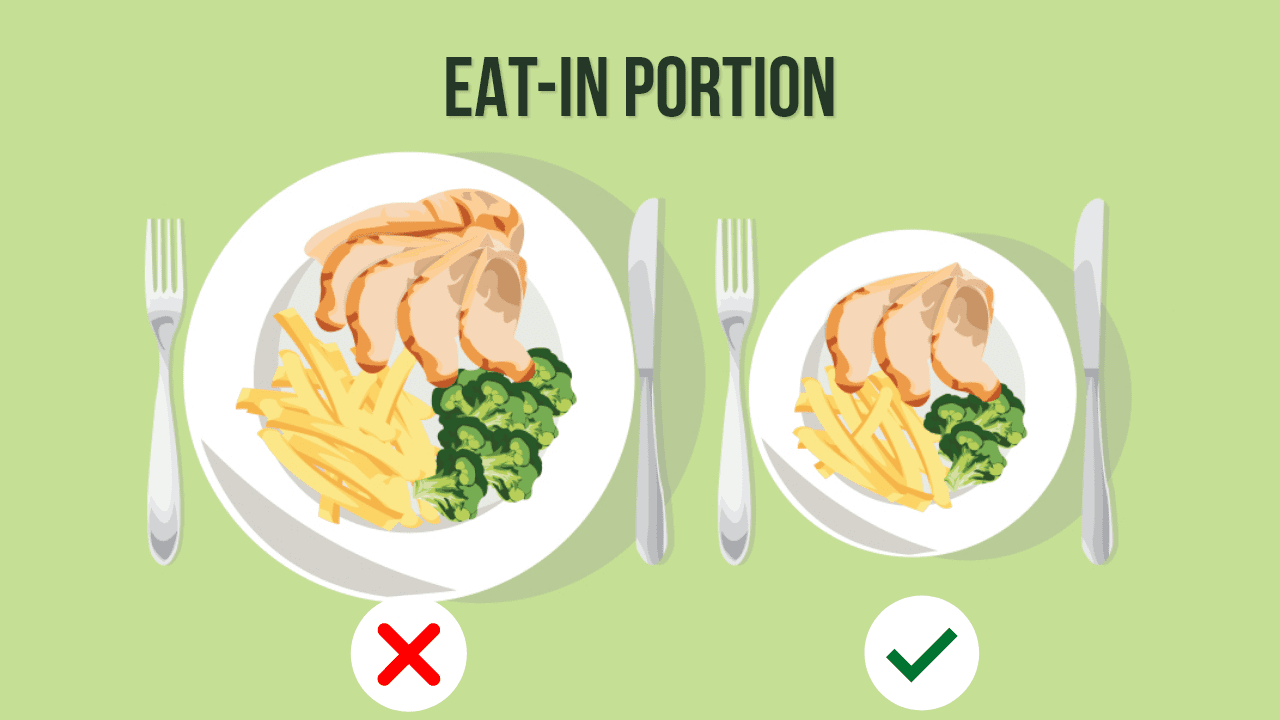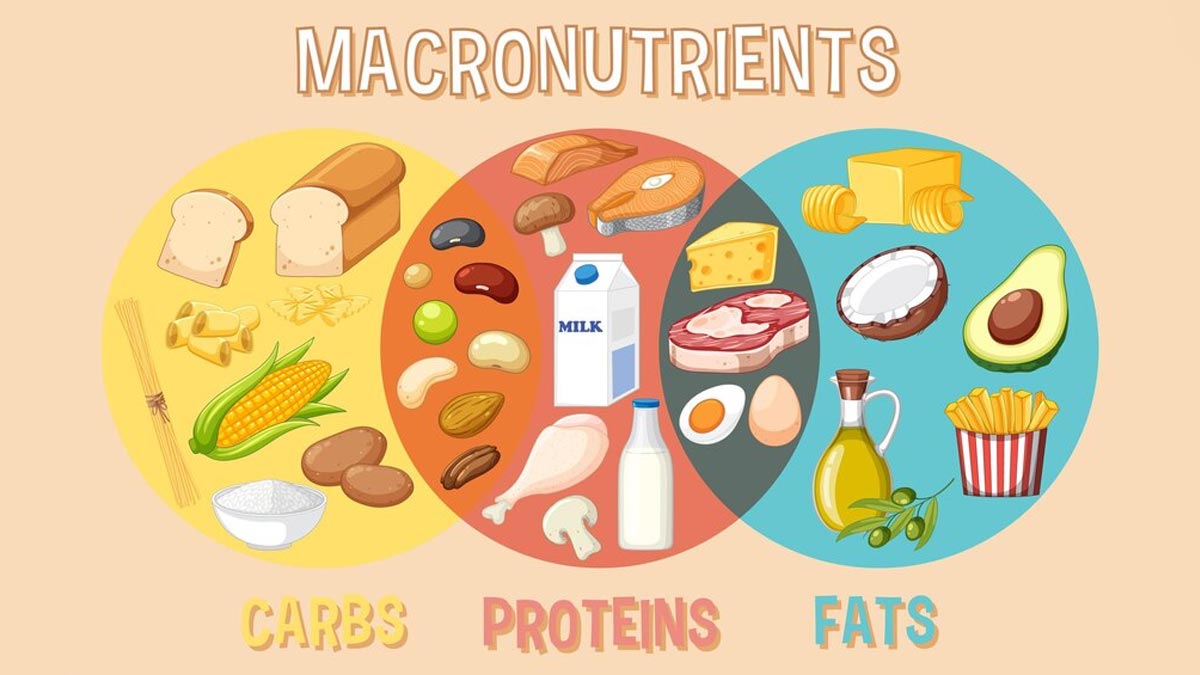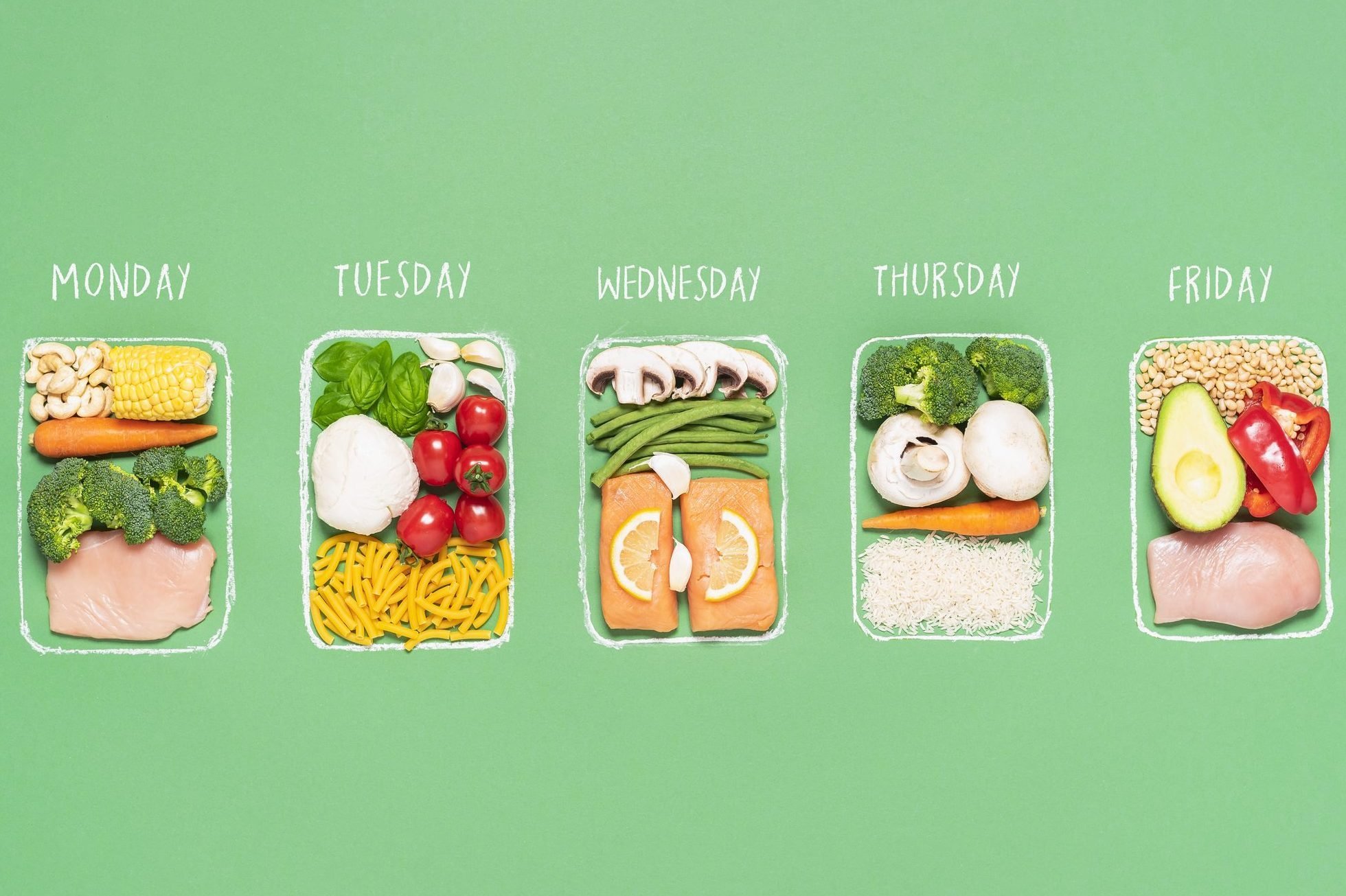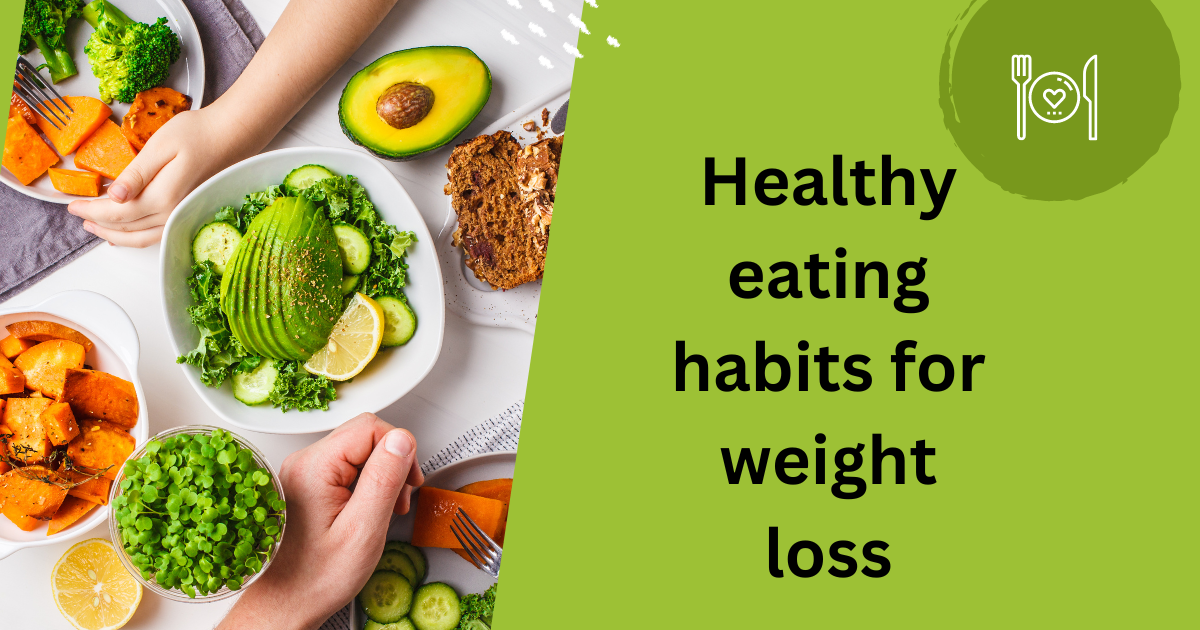Many individuals aspire to lose weight, but the real challenge is to do so in a sustainable manner. While crash diets and extreme measures may yield quick results, they often fail to provide lasting benefits and can negatively impact your health. The secret to effective weight loss is to adopt healthy eating habits that you can sustain in the long run. This article delves into the top healthy eating habits for weight loss, equipping you to shed excess weight while maintaining a balanced and healthy lifestyle.
Prioritize Whole Foods.
Base your diet on whole foods such as fruits, vegetables, whole grains, lean proteins, and healthy fats. These foods are nutrient-dense and low in refined sugars and unhealthy fats, making them ideal for losing weight. Whole foods are also more satiating, which can help manage overall calorie consumption.
Why Whole Foods Matter
Whole foods are rich in fiber, which promotes digestion and contributes to a prolonged feeling of fullness. This aids in regulating hunger signals and diminishes the temptation for unhealthy snacking. Moreover, whole foods supply vital vitamins, minerals, and antioxidants essential for overall health, making them far better than processed foods.

Control Your Portion Sizes.
Even healthy foods can lead to weight gain if consumed excessively. Portion control is essential for managing calorie intake. Learning to identify appropriate portion sizes can help you eat enough to satisfy your hunger without overeating.
Tips for Effective Portion Control
- Opt for Smaller Plates: A smaller plate can create the illusion of a larger portion, making you feel satisfied with less food.
- Check Food Labels: Be mindful of serving sizes indicated on labels to prevent overeating.
- Pay Attention to Your Body: Eat slowly and stop when you feel full, rather than finishing everything on your plate.

Stay Hydrated.
Proper hydration is vital for weight loss. Often, our bodies mistake thirst for hunger, leading to unnecessary snacking. Drinking enough water helps to manage cravings and supports your metabolism, facilitating calorie burning.
Daily Water Intake Goals
Aim for at least 8 glasses (around 2 liters) of water each day. This amount may vary based on activity levels and climate, so be attentive to your body’s thirst cues.
Maintain Macronutrient Balance
A well-rounded diet consists of the correct ratios of carbohydrates, proteins, and fats. Each macronutrient plays a critical role in your body’s function and can affect your weight loss progress.
Complex Carbs for Energy
Choose complex carbohydrates, like whole grains, for sustained energy and satiety. Steer clear of simple sugars and refined carbs that can cause blood sugar spikes and promote weight gain.
Significance of Protein
Protein is vital for muscle recovery and growth, especially during weight loss. Incorporate lean protein sources like chicken, fish, tofu, and legumes into your meals.
Understanding Dietary Fats
Healthy fats found in foods like avocados, nuts, seeds, and olive oil are essential for satiety and nutrient absorption. Embrace healthy fats, but consume them in moderation.

Embrace Mindful Eating.
Mindful eating is about being fully present while consuming food and drink, focusing on the experience without the distractions of TV or smartphones. It involves making thoughtful choices about what you eat.
Benefits of Mindful Eating
- Enhances Digestion: Eating slowly and chewing thoroughly aids more efficient digestion.
- Boosts Satisfaction: Being attuned to the flavors, textures, and aromas of your food enriches your experience and lessens the risk of overeating.
- Fosters a Healthy Relationship with Food: Mindful eating encourages a healthy connection with food, emphasizing nourishment rather than restriction.

Plan Your Meals Ahead.
Creating a meal plan can facilitate healthier choices and help you avoid impulsive decisions often leading to unhealthy eating. Meal planning guarantees access to balanced and nutritious meals throughout the week, reducing the lure of quick, unhealthy options.
Effective Steps for Meal Planning
- Draft a Weekly Menu: Outline your meals for the week while taking your nutritional needs and preferences into account.
- Prepare Ingredients Ahead of Time: Chop veggies, cook grains, and prepare proteins in advance to streamline meal prepping.
- Have Healthy Snacks Ready: Keep healthy snacks like fruits, nuts, and yogurt accessible to stave off hunger between meals.

Opt for Water Instead of Sugary Drinks.
Sweetened beverages like sodas, sweet teas, and juices are calorie-dense and provide minimal nutrition. These drinks can quickly add empty calories, hindering your weight loss efforts.
Healthier Alternatives Available
- Water: The optimal choice for hydration without extra calories.
- Herbal Tea: Provides flavor and health benefits without added sugar.
- Flavored Water: Infuse water with fruit or herbs for a refreshing, low-calorie drink.

Make Sure to Eat Your Meals.
Avoiding meals might seem like a straightforward way to cut calories, but it can lead to overeating later on. Regular meals help stabilize your metabolism and keep your energy levels balanced throughout the day.
The Value of Consistent Meal Times
- Averts Overeating: Regular eating prevents extreme hunger that can trigger overeating.
- Stabilizes Blood Sugar Levels: Regular meals help maintain consistent blood sugar levels, reducing cravings for unhealthy snacks.
Conclusion and Key Takeaways.
Embracing healthy eating habits is the most effective way to lose weight and keep it off. Emphasizing whole foods, portion control, staying hydrated, managing macronutrients, eating mindfully, planning meals, avoiding sugary beverages, and consistently eating can all contribute to long-term success. By integrating these practices into your daily life, you’ll not only achieve weight loss but also enhance your overall health and quality of life. Remember, the objective is not just to shed pounds, but to cultivate a lifestyle that promotes a healthier and happier you.

